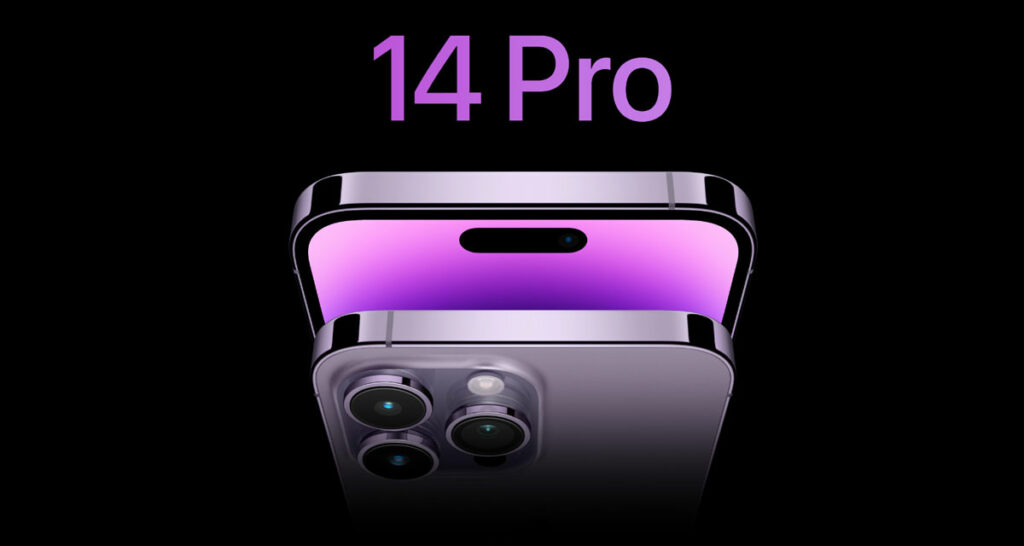Eyebrows were raised when we heard that Apple was only putting the A16 Bionic chip into the iPhone 14 Pro and iPhone 14 Pro Max this year, leaving the A15 Bionic in the iPhone 14 and iPhone 14 Plus.
But now we might know why it made that decision — the A16 is just so, so expensive.

According to a new paywalled report by Nikkei Asia that was picked up by MacRumors, the A16 Bionic costs $110 to produce at TSMC’s factories. That’s 2.4 times as much as the A15 that powered last year’s iPhones. Benchmarks also have the A16 as being only slightly faster than the A15, suggesting that extra cost might not be worth it for some.
However, that extra cost is likely to be caused by Apple’s move to TSMC’s 4nm manufacturing process rather than the previous 5nm process used by the A15. That wouldn’t make a chip faster by itself, but it should ensure that the iPhone 14 Pro and iPhone 14 Pro Max both benefit from a chip that uses less power and generates less heat during use. As a result, battery life should increase.
As a whole, the iPhone 14 devices are thought to have cost around 20% more than the previous most-expensive iPhones, according to the report. That could be down to things like the new Always-On Display and new Dynamic Island. Notably, Apple didn’t increase the price of the iPhones this year, at least not in the United States. Some international prices did increase due to international economics, however.
You may also like to check out:
- Download: iOS 16.1 Beta 4 Released As Public Launch Nears
- How To Fix Bad iOS 16 Battery Life Drain [Guide]
- Jailbreak iOS 16.0.2 On iPhone And iPad Status Update
- iOS 16 Compatible And Supported iPhone, iPad, iPod touch Devices
- iOS 16 Hidden Features: 100+ Changes Apple Didn’t Tell Us About
- Download: iOS 16.0.2 OTA Profile File, IPSW Links Released
- Download iOS 16 Final IPSW Links And Install On iPhone 13, Pro, 12, Pro, 11, Pro, XS Max, X, XR, 8, Plus [Tutorial]
You can follow us on Twitter, or Instagram, and even like our Facebook page to keep yourself updated on all the latest from Microsoft, Google, Apple, and the Web.
